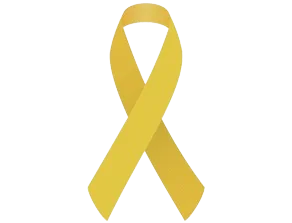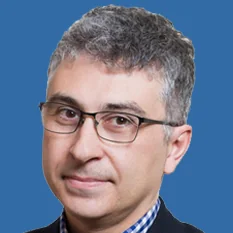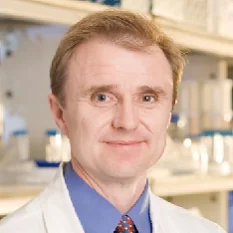Childhood Cancer
About Childhood Cancer
There are dozens of cancers and numerous subtypes that strike children of ages 0 -14 years. Childhood cancers are often different than adult cancers as their cancers are not linked strongly to risk factors related to lifestyle or the environment. And only a small number of childhood cancers are caused by DNA changes that are passed from parents to their child. In the US, cancer is the leading cause of death by disease in children and adolescents (15-19 years.)

Childhood Cancer Key Facts
- An estimated 9,620 new cancer cases in children (ages 0 -14 years) and 5,290 adolescents (15-19 years) will be diagnosed in the U.S. in 2024. About 1 in 260 children and adolescents will develop cancer before the age of 20.
- About 1,040 children and 550 adolescents are expected to die from cancer this year.
- The most commonly diagnosed cancers in children and adolescents are leukemia, brain, including benign and borderline malignant tumors; and lymphoma
- Leukemias make up 28% of all childhood cancers; Brain and other central nervous system tumors 25%; Neuroblastoma 6%; Wilms tumor (kidney cancer) 5%; Non-Hodgkin lymphoma 5%; Hodgkin lymphoma 3%; Rhabdomyosarcoma (soft tissue) 3%; Retinoblastoma (eye cancer) 2 %; Osteosarcoma (bone) 2%; and Ewing Sarcoma (bone) 1%.
- In the 1970’s, the 5-year survival for children with cancer was 58%. Due to treatment advances, 85% of children with cancer now survive 5 years or more (survival rates can vary greatly depending on the cancer type among other factors.)
- There is a high demand for the development of effective and specific treatments for childhood cancer. Even those who are cured may suffer long-term side effects as a result of the cancer treatments they received as their bodies develop.
Source: American Cancer Society’s Cancer Facts & Figures 2024 and Children’s Cancer Causes 2024.
Prevention tips for childhood cancer are not as straightforward as for adult cancers, largely because lifestyle factors play a smaller role in childhood cancers. Regarding environmental factors like radiation exposure, some might be unavoidable such as certain radiation therapy for other medical treatments. Genetic factors can play an important role, and for families with a history of cancer, it is recommended to have genetic counseling. For more guidelines, visit Can Childhood Cancers Be Prevented? | American Cancer Society and Childhood cancer (who.int)
Resource: Can Childhood Cancers Be Prevented? | American Cancer Society
A symptom is a change in the body that a person can see and/or feel. A sign is a change that the doctor sees during an examination or on a laboratory test result. If your child has any of the symptoms below, it does not mean he or she has cancer. But it is important to have your child checked by a doctor if they have unusual symptoms that do not go away so that the cause can be found and treated, if needed.
- An unusual lump or swelling
- Unexplained paleness and loss of energy
- Easy bruising or bleeding
- An ongoing pain in one area of the body
- Limping
- Unexplained fever or illness that doesn’t go away
- Frequent headaches, often with vomiting
- Sudden eye or vision changes
- Sudden unexplained weight loss
Source: American Cancer Society
Risk factors for childhood cancer are not as heavily influenced by lifestyle choices as many adult cancers. A few environmental factors, such as radiation exposure, have been linked with some types of childhood cancers. Additionally, changes in genes, either inherited or acquired early in life, play a significant role in the development of these cancers. Visit the American Cancer Society for more information Risk Factors and Causes of Childhood Cancer | American Cancer Society
Resource: Risk Factors and Causes of Childhood Cancer | American Cancer Society
NFCR-Supported Researchers Working on Childhood Cancer
Cesare Spadoni, Ph.D., M.B.A.
University of London
Laurence J.N. Cooper, M.D., Ph.D.
University of Texas MD Anderson Cancer Center

Childhood Cancer Awareness Month is recognized in September.
Sign-up to Receive NFCR Emails
Be the first to learn about breakthroughs in cancer research and follow NFCR’s progress on making cures possible!
A world without cancer is possible. Help us turn lab breakthroughs into life-saving realities.

5.7 Million+
Donors who have fueled NFCR’s mission

$420 Million+
Invested in high-impact research & programs

36+ Labs & Hundreds of
Nobel Laureates & Key Scientists received NFCR funding, driving breakthrough research












